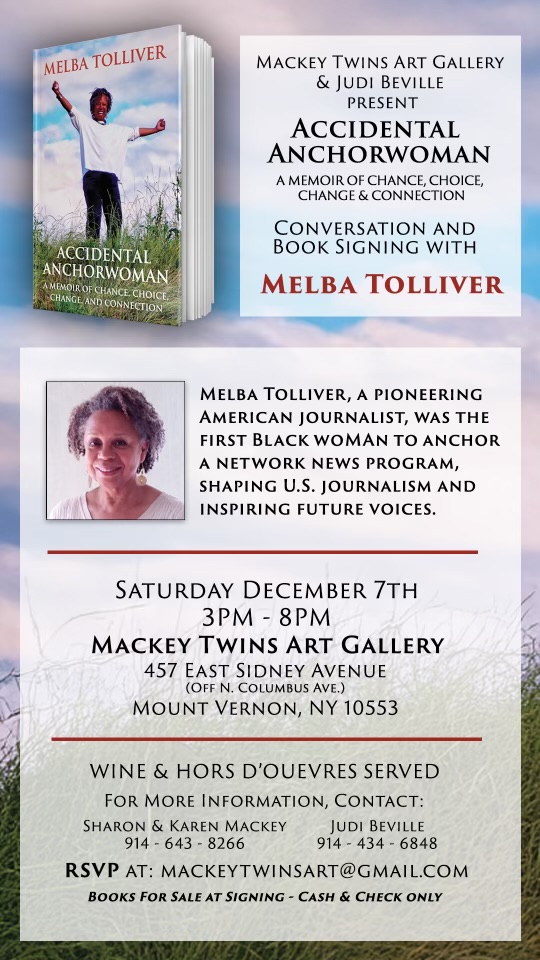In the face of America’s growing skilled labor shortage, an often overlooked opportunity for economic advancement is emerging—one that could particularly benefit Black youth and communities. As a longtime advocate for financial empowerment in Black communities, we should seriously consider promoting vocational careers in trades like plumbing and electrical work.
Recent data paints a stark picture of the current labor market. The U.S. is projected to be short 550,000 plumbers by 2027. Employment of electricians is expected to grow twice as fast as the average for all occupations through 2032. These shortages spell opportunities for those willing to pursue these careers.
For many Black youth, the traditional path of a four-year college education has become a financial burden rather than a stepping stone. Student loan debt disproportionately affects Black graduates, often delaying or derailing their ability to build wealth. In contrast, vocational training for trades typically costs less and takes less time, allowing for quicker entry into the workforce with minimal debt.
The earning potential in these fields is significant and far exceeds the current average earnings for Black men. Last year, master plumbers saw their median pay rise to $82,700, marking a 21% increase from the previous year. Certified electricians earn even more, with annual salaries ranging from $74,000 to $143,500. These figures are especially notable compared to the average salary of Black men, which is only $43,000 per year or $828 per week. Additionally, a Black man with a bachelor’s degree earns an average of $55,000 annually, while a Black man with a master’s degree earns an average of $72,000 annually.
These stable, well-paying trade jobs are always in demand and can’t be outsourced. They offer a clear path to financial stability and potentially a middle-class lifestyle or beyond. For many Black youth, pursuing a career in plumbing or electrical work could mean nearly doubling their expected income compared to the current average.
Moreover, these trades provide a ladder for advancement. As workers gain experience and certifications, their earning potential continues to grow. The jump from an entry-level position to a master plumber or senior electrician can significantly boost income, opening doors to homeownership, investment opportunities, and the ability to build generational wealth.
This stark contrast in earning potential underscores the opportunity that careers in the trades present for economic advancement in Black communities. By promoting these vocational paths, we’re not just talking about jobs – we’re talking about a tangible way to address income inequality and create a more secure financial future for Black families.
Moreover, trades offer a clear path to entrepreneurship. With experience, a plumber or electrician can start their own business, creating jobs within their community and building generational wealth – a crucial factor in addressing the racial wealth gap.
However, this is about more than just individual success. When more Black youth enter these fields, entire communities can benefit. Local Black-owned plumbing and electrical businesses can serve their communities, keeping money circulating locally and potentially hiring other community members.
It’s perplexing that many school districts in predominantly Black communities haven’t more actively incorporated vocational training into their curricula, especially given the clear economic benefits. While financial constraints are a real challenge for many districts, schools are obligated to prepare students for productive futures – including presenting a range of viable career paths.
Schools may inadvertently limit their students’ future economic prospects by not adequately exposing them to these opportunities. Vocational training could provide a direct path to stable, well-paying jobs that are always in demand, and as I said before, they can’t be outsourced.
Incorporating vocational education doesn’t mean abandoning college preparation. Instead, it’s about expanding options and ensuring all students know the various paths to financial stability and success. Schools should strive to produce graduates who are not only academically prepared but also equipped with practical skills that can lead to immediate employment opportunities.
Of course, promoting trade is not a panacea for all economic challenges facing Black communities. We must continue to address systemic inequalities and discrimination in all fields. The goal isn’t to limit options but to expand them, ensuring Black youth know all potential paths to success.
To make this opportunity a reality, we need action on multiple fronts. High schools should bolster their vocational programs, providing students with hands-on experience and information about trade careers. Community organizations can partner with trade unions and businesses to create apprenticeship programs and mentorship opportunities. We must also work to ensure these fields are welcoming and free from discrimination.
Some might argue that promoting trades for Black youth could reinforce harmful stereotypes or limit aspirations. But we do our youth a disservice by not fully informing them of all viable paths to economic stability and success. College is a fantastic option for many, but it’s not the only route to a prosperous future.
We must be open to multiple solutions as we grapple with persistent economic disparities. The skilled labor shortage presents a unique opportunity that could lead to individual financial stability, thriving Black-owned businesses, and more robust, economically resilient communities.
It’s time we recognized the potential of skilled trades as a powerful tool for economic empowerment in Black communities. By promoting these careers, we’re not closing doors but opening new ones—doors that could lead to a more prosperous and equitable future for Black youth and the communities they call home.





What Mr. Jones writes is so true. The union construction trades provide a career path to lift our families and communities up. Unfortunately, our elected representatives work against providing such opportunities. They make no demands on developers to enforce labor standards in exchange for the millions of dollars they receive in public subsidies. As a result, the vast majority of construction work going on in Westchester County is non-union, paying poverty wages and leading to dead-end jobs. Without union contractors getting work, the opportunities for people to get into union apprenticeships is severely limited. We can, and must, hold our elected officials accountable. They can, and must, set labor standards on publicly subsidized development projects that will open apprenticeships up for Black youth.
I so agree. I would love young boys (12) who I truly believe would benefit from learning trades. How can I tap in? I have a nonprofit and truly desire to join with those who support this training. Please help.